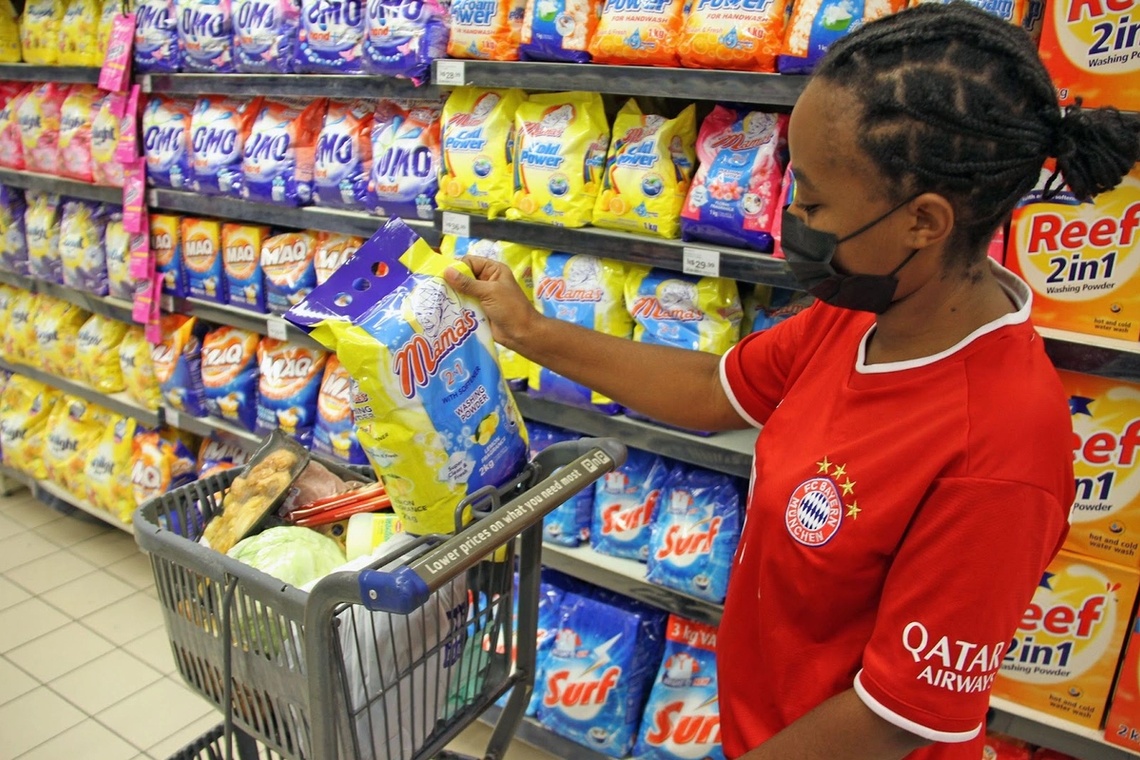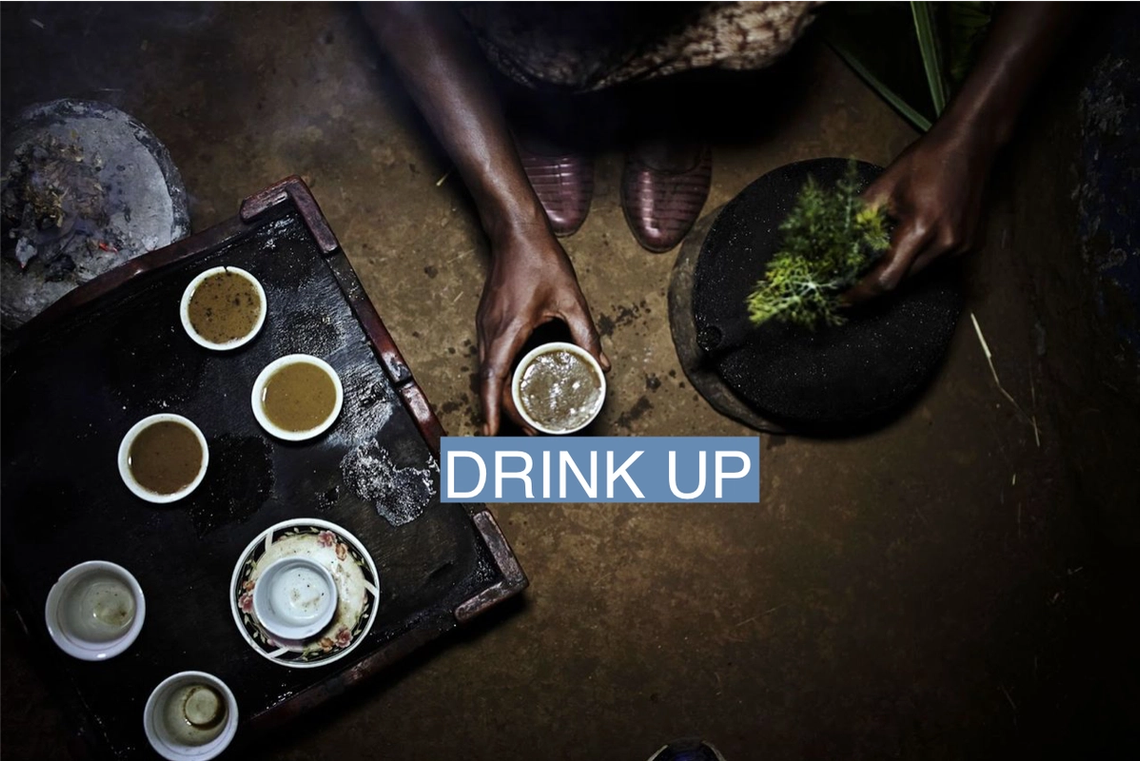 Weekend Reads Musa C Kaseke/Xinhua via Getty Images Musa C Kaseke/Xinhua via Getty Images🌍 Multinational consumer companies fleeing Africa are demonstrating an inability to create new consumers on the continent, writes Efosa Ojomo, a research fellow at the Clayton Christensen Institute. Foreign companies that expect an easier business environment in Africa, despite obvious decades-long structural problems, place “an unrealistic burden on its employees and on Africa,” he argues. 🇸🇩 When Sudanese artists fled from Khartoum and other cities after the war broke out a year ago, many moved to Cairo, a city with similar Arabic culture and customs. But the artists who made it to Nairobi are particularly grateful that they did because they’ve been made to feel welcome and as an equal member of the Kenyan creative community, reports Amuna Wagner for OkayAfrica. “Nairobi has influenced the way I interpret, perceive, and ultimately integrate within communities,” says one Sudanese mixed media artist. 🇸🇴 Filmmaker Abshir Rageh typifies an emerging generation of young Somalis driving the return of locally produced film projects, reports Abdi Latif Dahir for the New York Times. Rageh has risen through Somalia’s film and television industry, leading productions on one of the nation’s top cable TV networks. His Somali dramas, with millions of online viewers, have encouraged thousands of prospective actors to put themselves up for roles even as financing and other challenges persist. 🇬🇭 Taiwan’s successful crackdown on vote-buying during elections can be a role model for Ghana for its upcoming polls, Audrey Elom Donkor argues in Foreign Policy. Ghana’s vote buying problem is massive, and sees presidential candidates spend up to $100 million per election cycle which is at odds with the country’s middle income status, notes Donkor. Taiwan has nearly extinguished vote buying since 1994 in a wider fight against corruption.  Per-Anders Petersson/Getty Images Per-Anders Petersson/Getty Images 🇪🇹 Brewing coffee and drinking it communally is integral to strengthening familial relationships in Ethiopia, where a quarter of the population farm the crop, Fred Harter reports in The Guardian. In the country’s south-west, it is common for families to take turns in hand-grinding, brewing and serving coffee. The ritual is used as opportunities to bond or lift the mood during depressing times, Harter notes. 🇨🇫 The Wagner Group’s operations in the Central Africa Republic clashed with US security interests in ways that replicated the atmosphere of the Cold War, especially in the capital Bangui, reports James Progue for Granta. It was taken for granted by citizens that Wagner mercenaries were “acting in the interests of the Russian state,” a trade people were happy to make in exchange for stability. As one person told Progue: “Maybe the Russians want to colonize us… And we’re going to accept that colonization, if this colonization can bring us development.” Week Ahead April 29 — Togo plans to hold delayed parliamentary and regional elections as political tensions rise over controversial constitutional changes. It is seen as an attempt to maintain President Faure Gnassingbé’s hold on power. May 1 — United Arab Emirates’s Etihad Airways is set to resume flights from Nairobi to Abu Dhabi, four years after it ceased flights to the city due to global pandemic travel restrictions. May 2-3 — The Mozambique Mining and Energy Conference will take place in the capital Maputo, bringing together national leadership and more than 500 industry players. May 5 — The African World Heritage Fund will celebrate the ninth edition of the African World Heritage Day. This year’s theme is “Safeguarding Africa’s Heritage Through Education.” May 5-8 — The 2024 Forbes Under 30 Summit Africa will be held in Gaborone, Botswana. For Your ConsiderationThe African Development Bank invites African graduate students to apply for its 2024 Internship Program (Session 2). The program lasts three to six months and will be located at its headquarters in Abidjan, Côte d’Ivoire, or one of its regional offices. (May 7) The UN Office of the High Commissioner for Human Rights invites candidates of African descent to apply for its fellowship program. The intensive human rights training takes place at offices in Geneva, Switzerland. (May 24) |